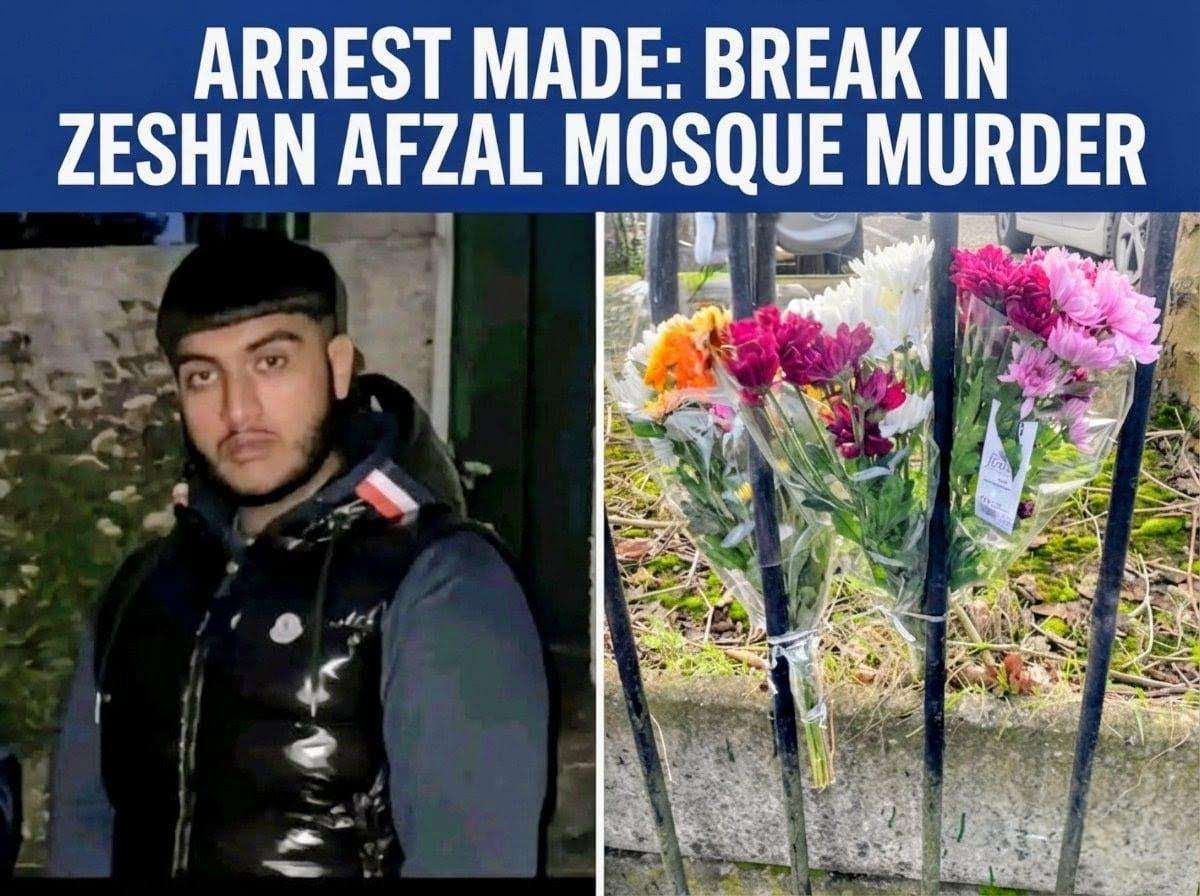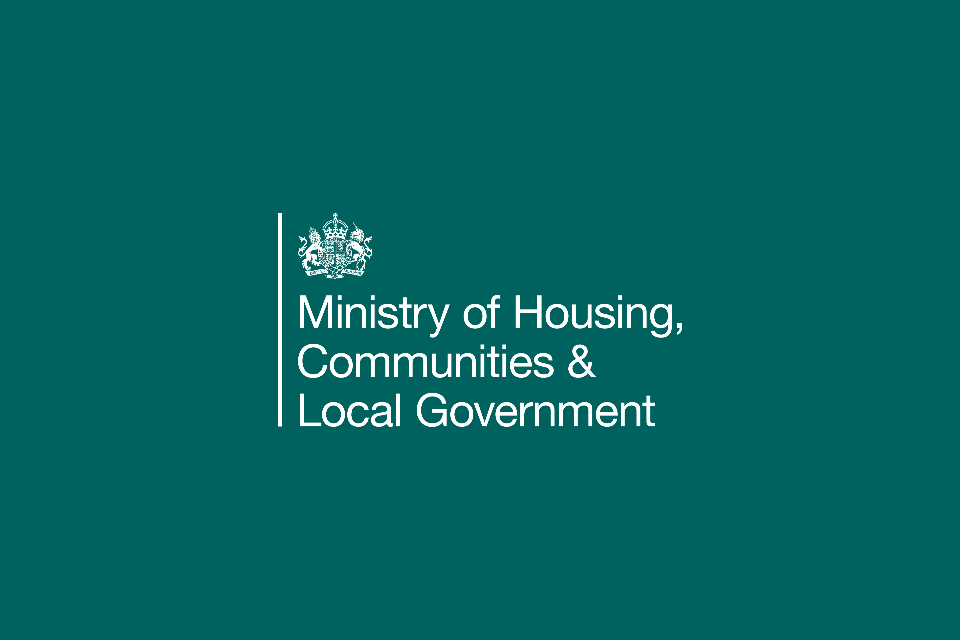In order to promote a broader stream of effort to address the intolerable instances of anti-Muslim hatred, a NEW working group has been formed to give the government a definition of Islamophobia and anti-Muslim hatred.
It will give the government advice on how to better define, measure, and comprehend hate crimes, prejudice, and discrimination against Muslims.
The group's work will help broader and ongoing government-led initiatives to reduce religiously motivated hate crime, fulfilling the government's Plan for Change aim for safer streets as anti-Muslim hate crime incidences in England and Wales reach all-time highs.
The increase in hate crimes against Muslims is intolerable and has no place in our society', stated Deputy Prime Minister Angela Rayner.
In order to combat it and build a society where everyone feels safe and accepted, we have made the commitment to define anti-Muslim hatred, often known as Islamophobia.
Dominic Grieve KC, who has years of legal and government experience, will serve as the group's chair.
Dominic Grieve KC said:
We know Islamophobia is as challenging to define as its existence is undoubted. We need to balance addressing the lived experience of those who are victims of it and the right of British Muslims to feel heard and protected as equal citizens of our country, with the unwavering requirement to maintain freedom of thought and expression under law for all.
I welcome the government's initiative on this important issue and hope the commission will develop a definition of Islamophobia that aligns with these principles and fosters positive change in our society.
In addition to their own expertise, members will consult widely to ensure the definition reflects the diverse backgrounds and experiences of Muslim communities across the UK.
The proposed definition will be non-statutory, offering the government and other relevant bodies a framework to identify and address prejudice and discrimination against Muslim communities.
It must also uphold the fundamental right of British citizens to freedom of speech and expression, including the right to critique, disagree with, or even offend religious beliefs and practices.








.svg)


